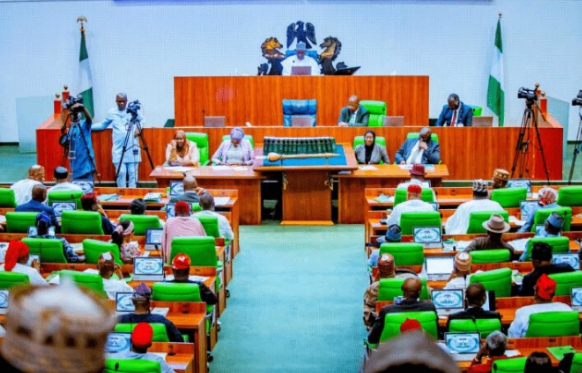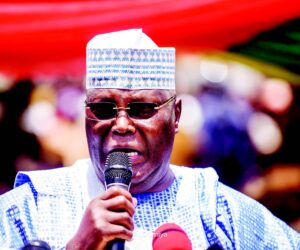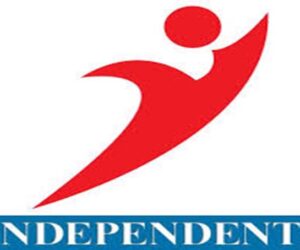1
ABUJA – The House of Representatives has resolved to probe the management of over $4.6 billion in international health grants received by Nigeria from the Global Fund and the United States Agency for International Development (USAID) between 2021 and 2025.
The funds were allocated to tackle HIV/AIDS, tuberculosis (TB), malaria, and polio, as well as to improve the country’s health infrastructure.
The resolution followed the adoption of a motion moved on Tuesday by Hon. Amobi Godwin Ogah, who expressed concern over the lack of transparency and accountability in the handling of these funds, despite Nigeria’s persistent struggle with preventable diseases.
For years, Nigeria has been one of the largest recipients of international health assistance designed to reduce the prevalence of communicable diseases. The Global Fund to Fight AIDS, Tuberculosis, and Malaria—established in 2002—was created to mobilize global resources in the fight against these epidemics, particularly in developing countries. Similarly, USAID and the U.S. President’s Emergency Plan for AIDS Relief (PEPFAR) have provided extensive financial and technical support to Nigeria’s healthcare system.
Despite these continuous inflows, Ogah lamented that Nigeria still ranks among countries with the highest burdens of malaria, HIV/AIDS, and TB worldwide. He questioned the impact of these interventions and stressed the need for enhanced legislative oversight to ensure value for money.
According to the lawmaker, Nigeria received approximately $1.8 billion from the Global Fund between 2021 and 2024 to strengthen disease control initiatives and implement the Resilient and Sustainable Systems for Health (RSSH) project. He explained that the Country Coordinating Mechanism (CCM–Nigeria) is the institution responsible for implementing Global Fund programmes, while the Federal Ministry of Health and Social Welfare manages USAID-supported initiatives.
Ogah further revealed that USAID provided more than $2.8 billion in grants within the same period for HIV/AIDS, TB, malaria, and other community health programmes. He also highlighted that through PEPFAR, the U.S. government has contributed over $6 billion to Nigeria’s HIV/AIDS response since inception.
However, he expressed dismay that Nigeria continues to record alarming health statistics, citing data that shows 51,000 AIDS-related deaths were recorded in 2023, including 15,000 children under 14 years old. The lawmaker added that the country accounts for 26.6 percent of global malaria cases and 31 percent of malaria deaths, while ranking first in Africa and sixth globally for TB, representing 4.6 percent of the worldwide burden.
“These figures are troubling. Despite the billions of dollars in international aid, Nigeria continues to lose lives to diseases that are preventable. It is imperative that we evaluate how these funds are being utilized,” Ogah stated.
Following extensive debate, the House directed its Committee on HIV/AIDS, Tuberculosis, and Malaria Control to investigate the disbursement and use of funds received from the Global Fund and USAID between 2021 and 2025. The Committee is expected to submit its findings within four weeks for further legislative action.
Lawmakers maintained that proper oversight of foreign health grants is crucial to ensuring that such funds achieve their intended purpose and help Nigeria meet the United Nations Sustainable Development Goal (SDG) target of eliminating HIV, TB, and malaria by 2030.
The House’s decision underscores its renewed commitment to promoting transparency, accountability, and effectiveness in the management of donor funds, ensuring that Nigeria’s international health partnerships translate into real improvements in the lives of citizens.







